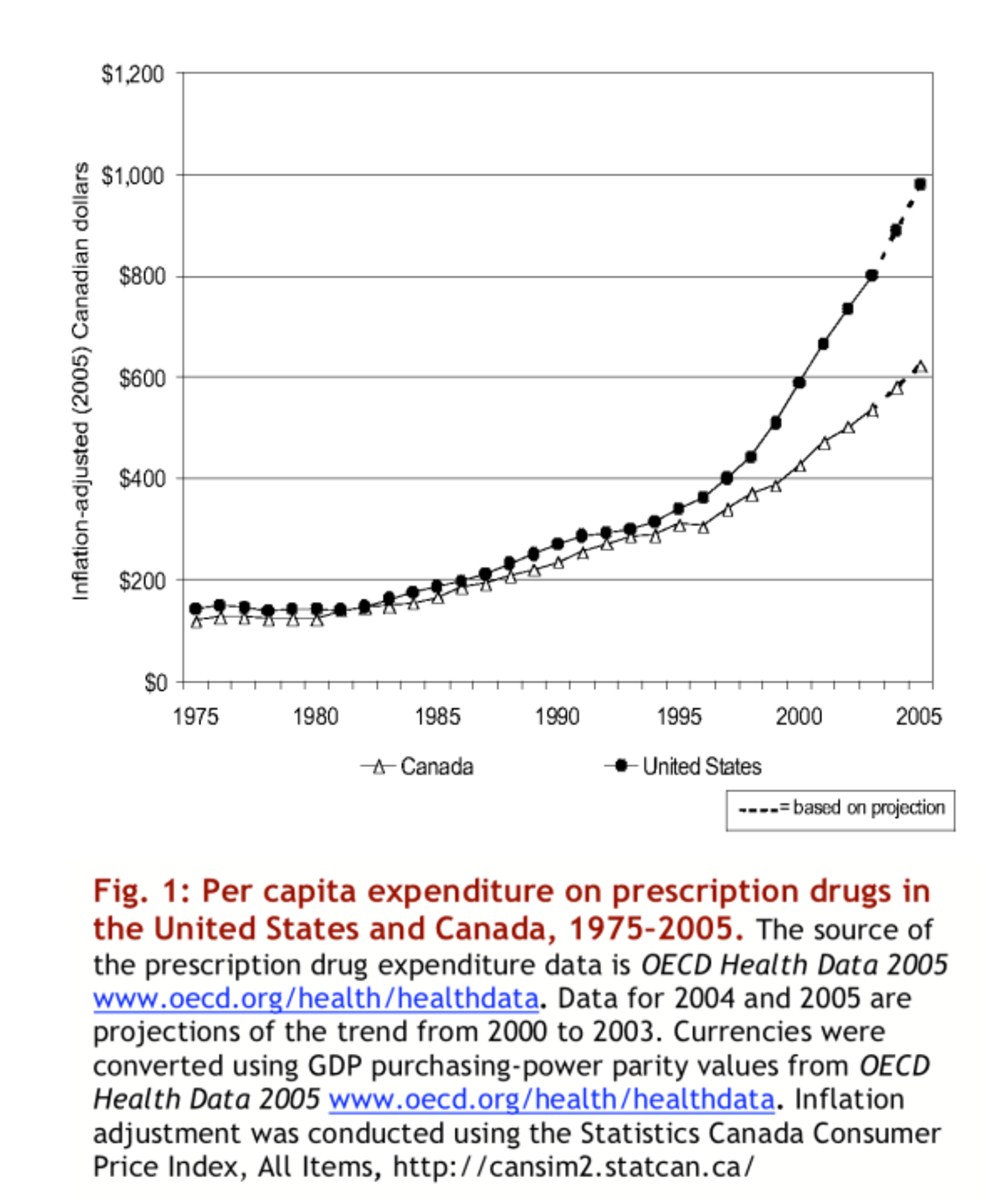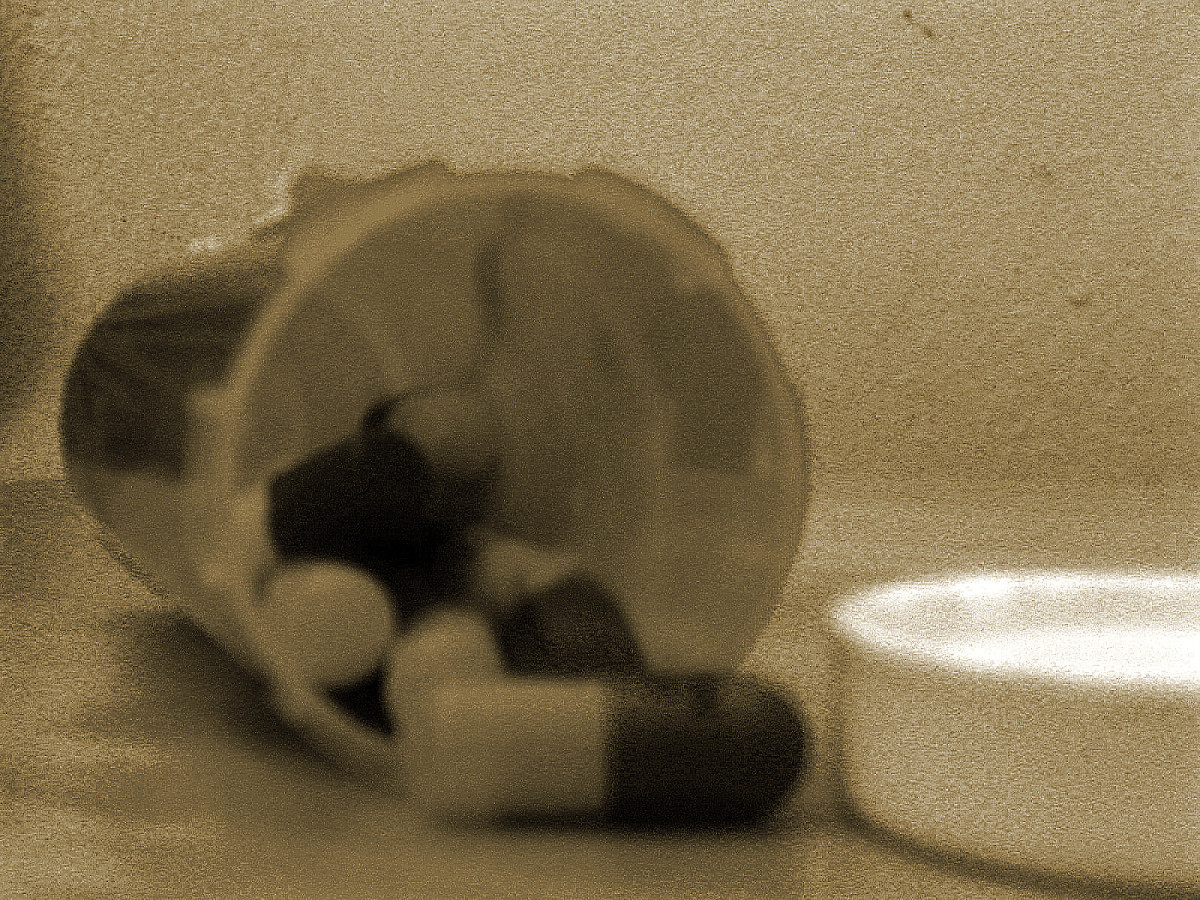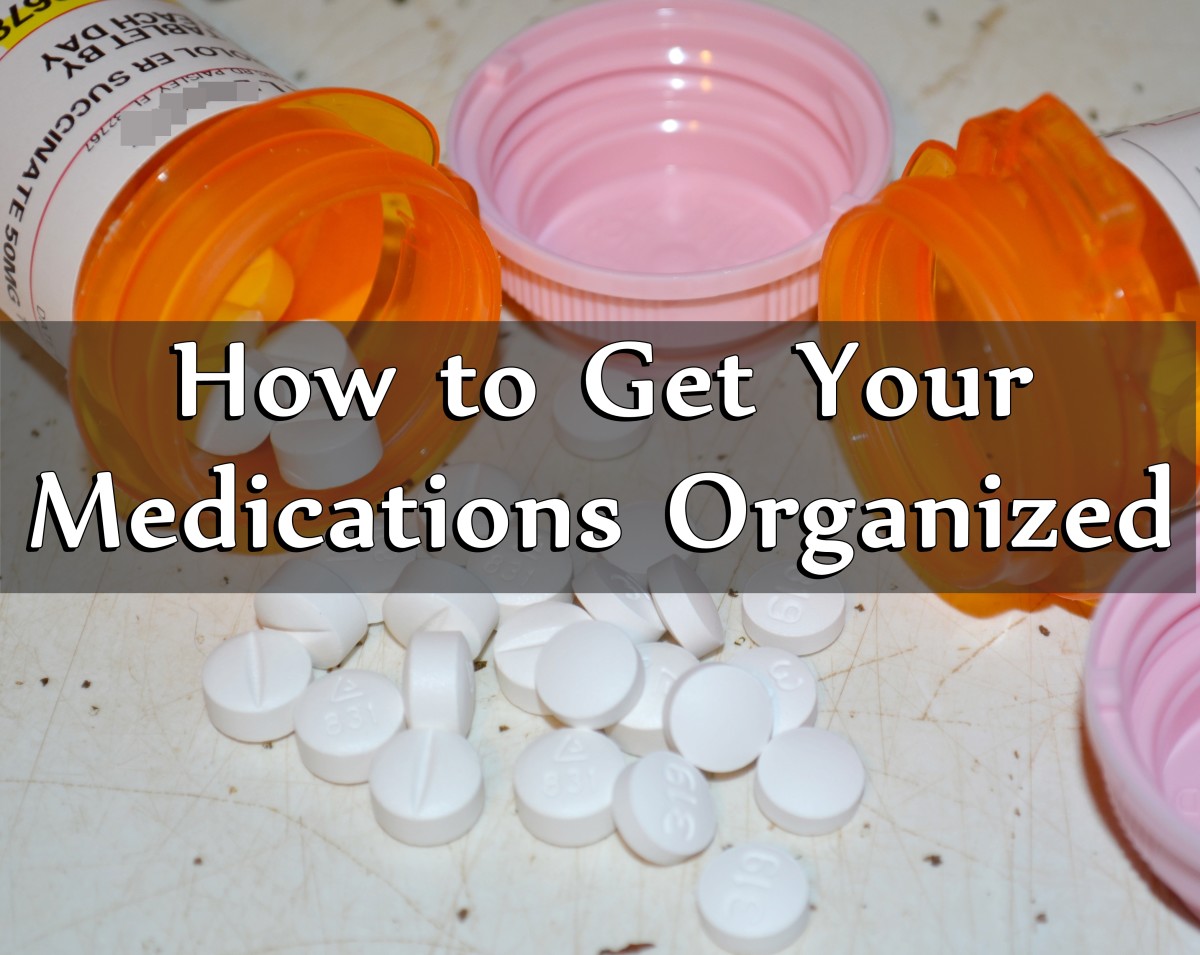Dangers of Sharing Prescriptions

Why You Might Consider Sharing Your Prescription Medications
Prescription medications are often expensive, as are the doctor or emergency room visits necessary to obtain a prescription. You feel fortunate that you have insurance coverage to help defray the costs of medications.
Maybe your friend or co-worker has the same symptoms you'd been having, but s/he doesn't have the financial means to see a doctor or fill a prescription. You're feeling better and have empathy for this other person who is suffering. You offer this person the rest of your antibiotics or pain pills or decongestant -- the type of medication only matters in the potential dangers that await.
It could be your best friend, your brother or your child that has a headache, or has sprained an ankle, pink eye or any other symptom/condition. You know you have a prescription medication in your purse or medicine cabinet for that very thing, so you "gift" the rest of the medication to your friend or family member.
The point is, nearly everyone who shares their prescription drugs with someone they know does it as a gesture of kindness and concern for the other person. Few of us set out to cause harm to someone else, but harm can be done just the same.
Have you ever shared your prescription medications with someone else?

It Is Illegal to Share Certain Prescription Drugs
In some states it is illegal to share any prescription drugs with anyone for any reason. In some states it is illegal for you to carry your own prescription medications in any container other than the container provided by the pharmacist.
By federal statutes, it is illegal to share any Schedule II controlled substance, which includes certain pain medications, Ritalin, Adderall, Dexedrine and more.
In legal terms, by sharing prescription medications you have both diagnosed and prescribed medication for another person's condition, both without a medical or pharmacy license. While that was likely never your intention to take the place of a doctor or pharmacist, it is the action and not the intention that could get you into legal trouble.
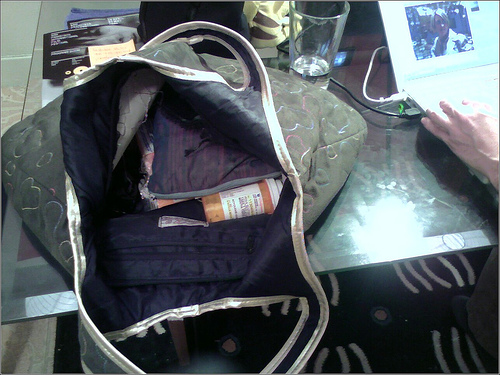
Two Examples of the Dangers of Sharing Prescription Drugs
Dangers of Prescription Drugs and Driving
Dangers of Not Following Instructions of Prescription Medications
Dangers of Sharing Prescription Medications: Allergies, Side Effects, Drug Interactions
When a health professional prescribes medication for a person, they do so based on a number of factors including that person's individual health history, family history, known allergies and drug sensitivities, a record of medications taken in the past, current medications including over-the-counter drugs and dietary supplements -- all of this in addition to the diagnosis for the current complaint.
The health professional uses his best judgment, using all the facts at hand and his knowledge of available medications, before issuing a prescription for medication.
The prescription medication you have was prescribed on your individual condition and history.
The second important person in the process of obtaining a prescription medication is the pharmacist who fills the prescription. The pharmacist is a highly trained and skilled member of the health care team whose responsibility includes not only filling the prescription accurately, but informing you of the potential side effects or interactions with other medications you are presently taking. The pharmacist knows about dosage ranges and the latest information on medications. If something about the situation raises a red flag for the pharmacist, she will contact the prescribing doctor with her concerns before filling the prescription.
When you share your prescription medication with someone else, very little -- if any -- of these important bits of information go into your decision to do so.
What if it turns out the other person has an allergic reaction to the medication you've shared? Some allergic reactions are simply rashes, others may cause anaphylaxis, a life-threatening condition requiring immediate action.
What if a side effect damages internal organs or causes overwhelming drowsiness when taken with other medications this person is already taking? What if that person falls asleep while the baby is awake or nods off while driving?
These are only a few of the possible scenarios that could arise from the well-intentioned action of sharing prescription drugs. It's the outcome, not the intention, that makes all the difference in these situations.
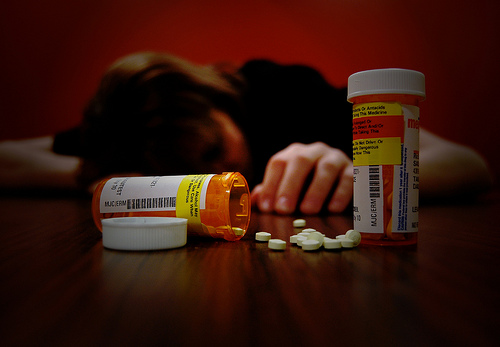
Teens, Young Adults and Prescription Drugs
Teenagers and young adults may see "borrowing" a few of your prescription medications as an innocent act. Their intention may be to use the medication themselves, or give them to friends -- or even sell them to others. The reason isn't important -- prescription medications in the hands of anyone other than for whom they are prescribed is dangerous and wrong.
Child-resistant caps on medication bottles don't deter this age set, nor does hiding your medications in your sock drawer or purse. Prescription medications should be kept in a secure cabinet or box.
Older adults need to be particularly vigilant about securing prescription medications. This age group is often targeted by others for "borrowing" of prescription drugs because they are more likely to be prescribed ongoing pain medications.
Anyone who is prescribed medications for the treatment of ADD or ADHD may also become a target for others seeking the "benefits" of taking these stimulating drugs.
Talk to your kids about the importance of taking only their own medication and the dangers of sharing prescription drugs. Your concern about the importance of the issue may be all your kids will need to hear to prevent them from becoming involved in such a practice.

